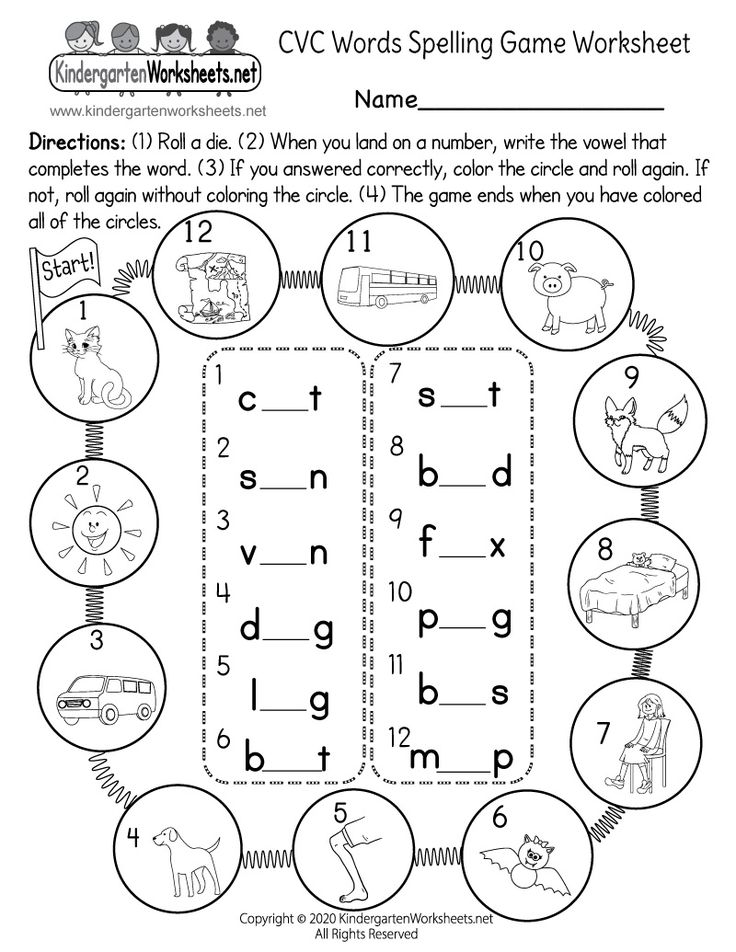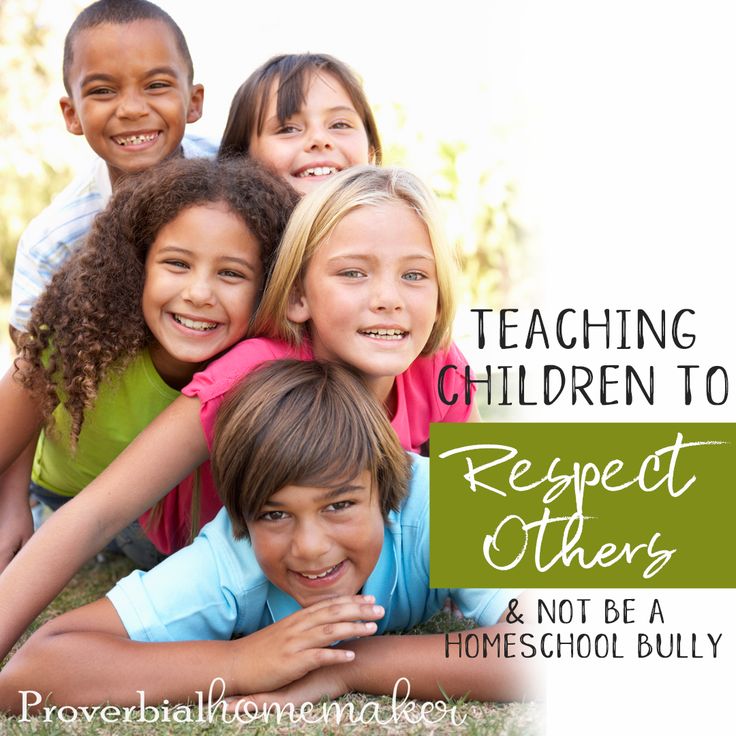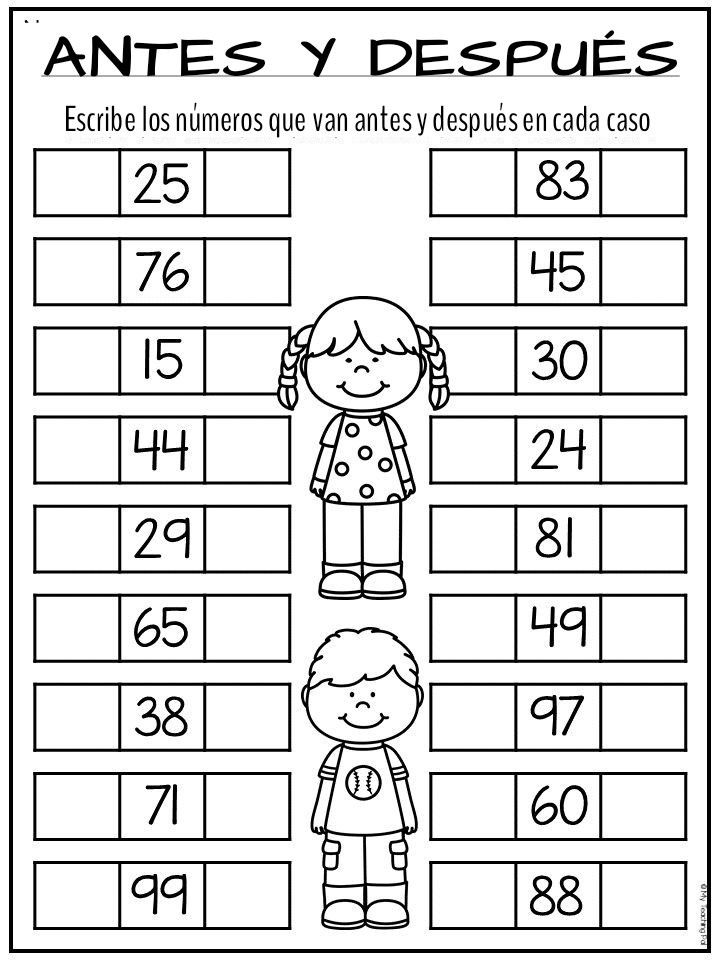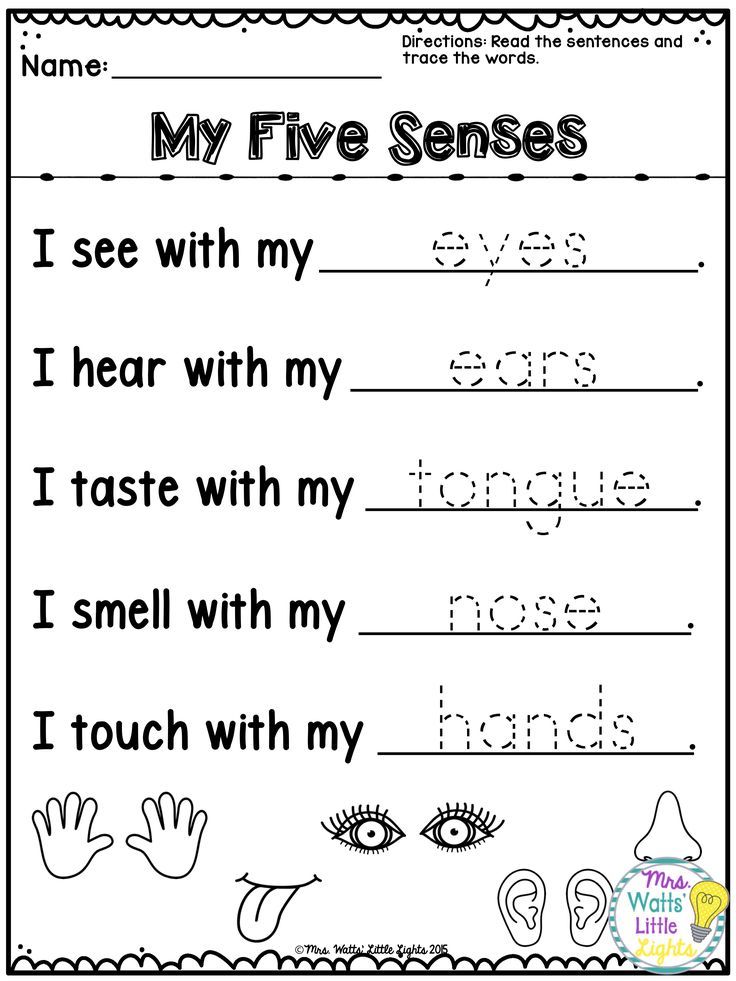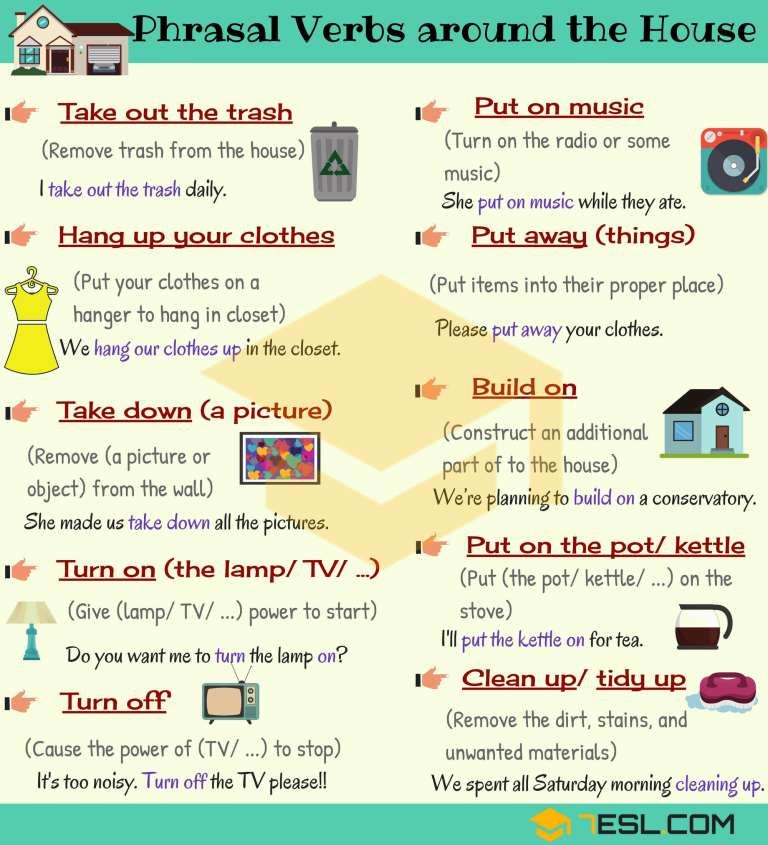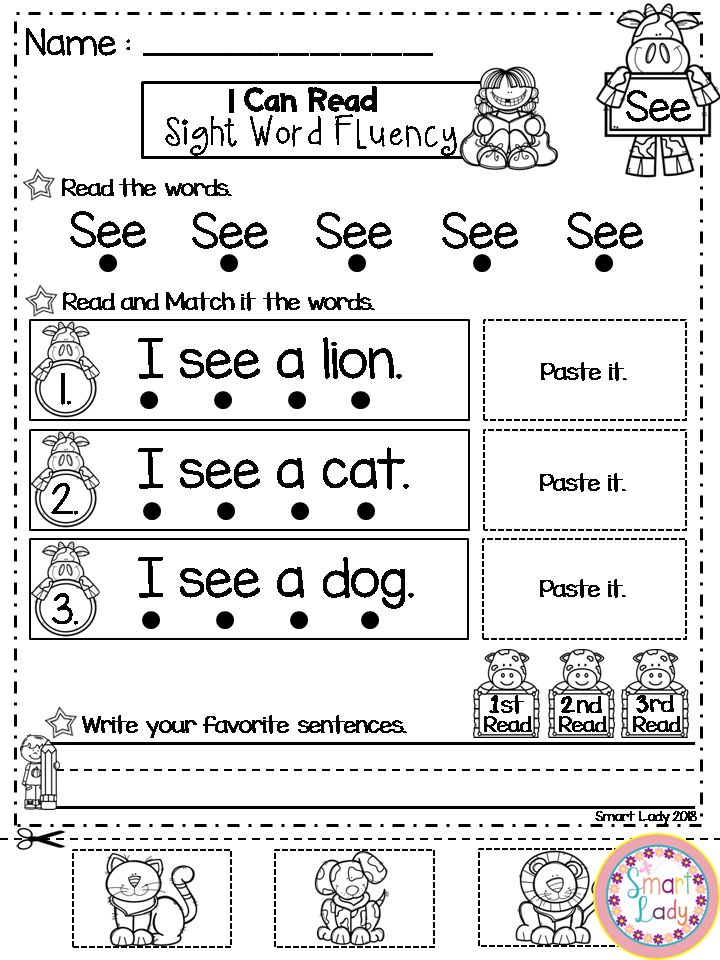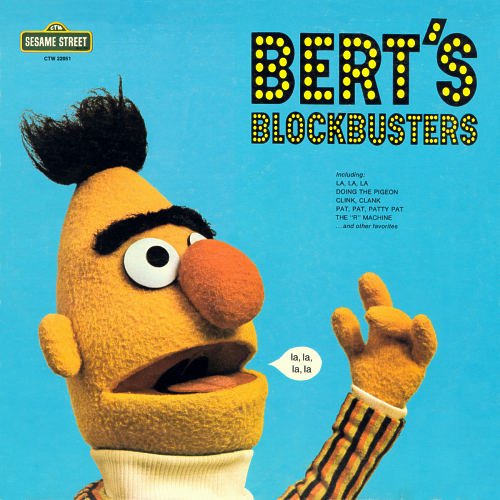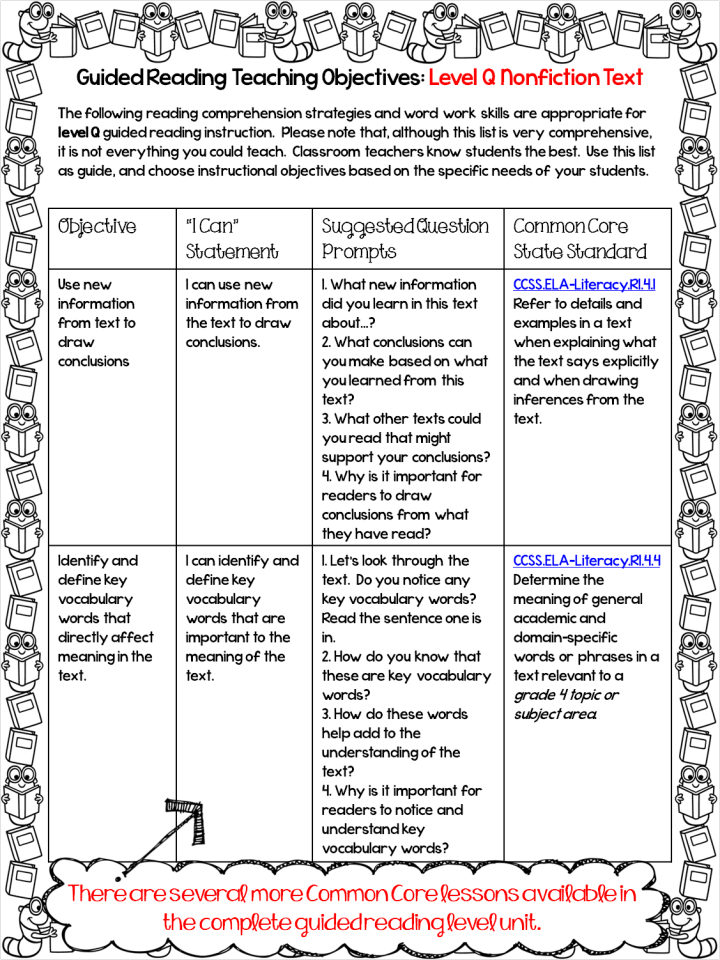Learning spelling words games
Help
Problem: The website is blocked to my students
Do your students get a message such as "website can't be reached"?
Solution: Contact your school's technology department, or someone at your school who's in charge of the internet, and tell them you wish to use this website with your class. They can simply unblock it by adding it to their list of approved websites within a couple of minutes.
Problem: I’m using a Mac and the website isn’t working
If you’re using a MacBook or an iMac and the website isn’t working, then try using it with a different browser. If you tried Chrome for Mac and it didn’t work, then try the Safari browser instead (it’s already installed on every Mac), or Firefox (it’s free to download, quick to install, and works great).
How can I save my lists?
After you type your list, click the "Save list / Open saved list" button. Then, type a title for your list, and click the "Save" button.
You can save this way up to 24 lists. They will be stored locally in your browser's cache. Note that if you delete your browser's "history" then your saved lists might get deleted.
Problem: I can't save lists / Saved lists are erased
Your lists might not be saved due to the following reasons:
1. Too strict privacy settings in your browser. (try reducing it, or try another browser).
2. Too strict anti-virus or firewall settings. (try reducing it).
3. In schools, web administrators often disable some features of the computers such as the ability to save changes that you've made.
If you can't get your lists saved, you can always save your lists in a document, as described in the following section:
Saving lists permanently
You can save lists permanently in a text document.
Copy the sharing code (see the section below about sharing lists), and paste it inside a text document (such as MS Word or Google Docs). Type your title above it. You can paste this way as many lists as you wish.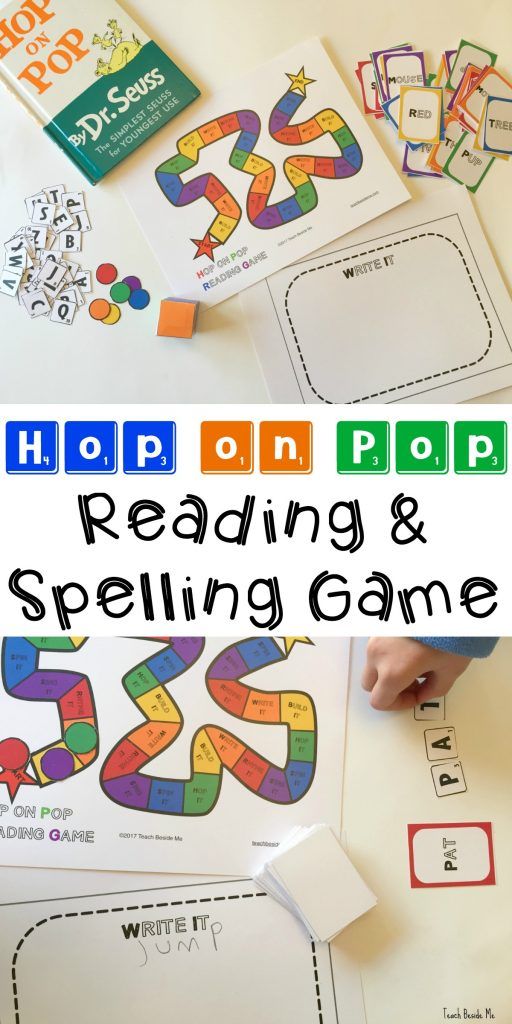 Save the document.
Save the document.
In most document types, when you click the sharing code it will automatically open the website with your list inside it.
How Can I share my list with my students?
After you type your list, click the "Share this list" button. An address that contains your list will appear. Copy it, and paste it in your class's website, or in your Google Classroom.
Problem: A game stopped working (can't hear sound, or the screen is black, or doesn't load)
Note that old computers (older than 4 years) might have trouble running some of the games.
Solutions:
1. Try reloading the page (use the "reload" button on the browser, or the F5 key on the keyboard).
Does it work now? If it doesn't, then try the following:
2. Close the browser, including all its open tabs (better save your word list before closing). If you can, close other computer programs that are open too.
Now wait a few seconds (to let the computer's memory get flushed).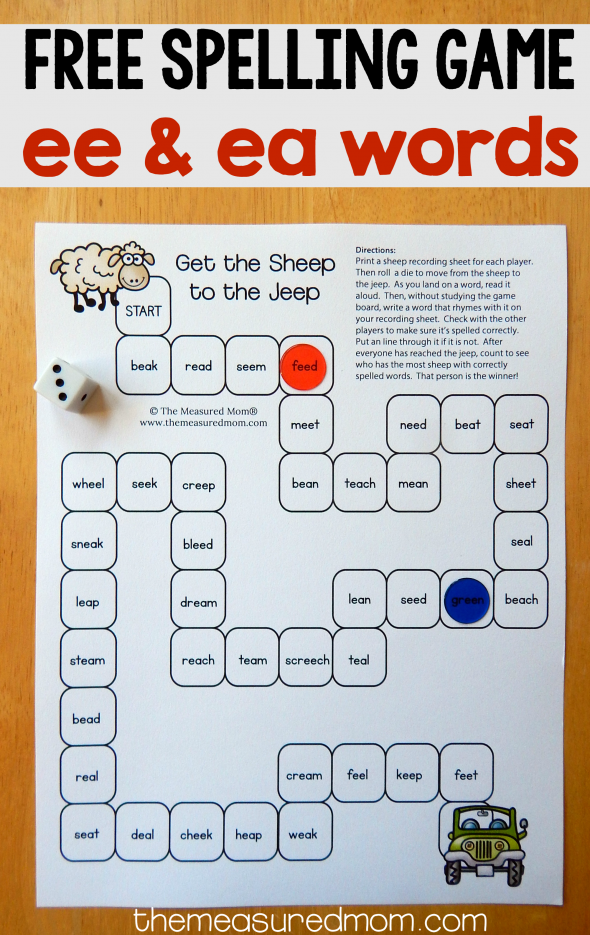
Now open the browser again, get back into spellingtraining.com, go to the problematic page and reload it again.
If it still doesn't work, then:
3. Try the website with another browser (Google Chrome, Firefox, Microsoft Edge, Safari, etc.). If it doesn't work with one - it might work with the other.
If it still doesn't work - please tell me about it! Send me an email to: [email protected]
But also in the meantime, the following solution will probably work -
4. Try using the website from another computer.
Problem: Some games are suddenly missing (Rollercoaster, Dragon)
Solution: If you browse from a computer and this happens, try the following:
1. Maximize the browser's window size. The games might now reappear.
2. Try zooming out by clicking "Ctrl" with "-" (pressing Ctrl with the minus key). If you zoom out the missing games will appear.
Note that those 3d games (rollercoaster, dragon island, jungle speller etc.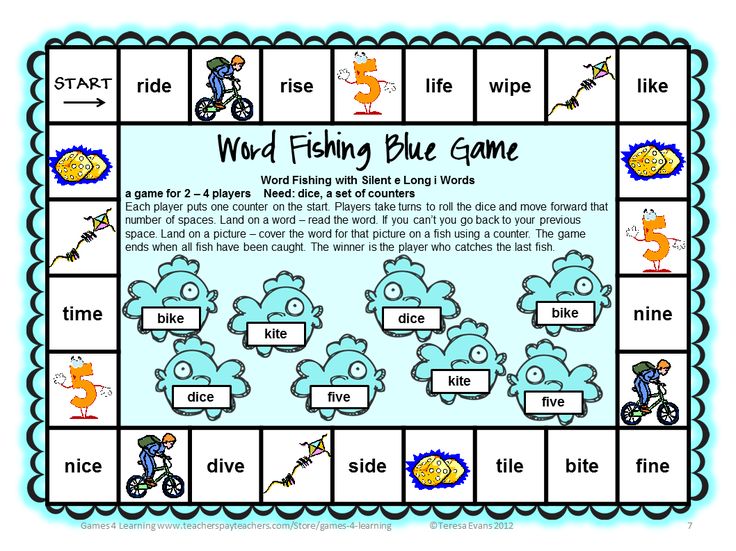 ) won't appear on tablets and smartphones.
) won't appear on tablets and smartphones.
I didn't find an answer to my problem
If there is anything else that you need assistance with, don't hesitate to contact me and I'll do my best to help you. My email is [email protected]
9 Stimulating Spelling Games for Kids
Spelling can be a difficult and frustrating task for kids; the English language has so many rules and exceptions to remember. However, there are ways to make learning to spell fun for kids! One way is by playing spelling games.
Spelling games are a great way for kids to spell because they’re interactive and engaging. Plus, they can be played anywhere – at home, in the car, or even at school. This blog post will share nine of the best spelling games for kids. Also, we’ll share a list of online spelling games and resources so you can get started right away!
10 Spelling Games for Kids that are Equal Parts Fun & ChallengingHere are the ten most famous spelling games for kids of all ages:
1.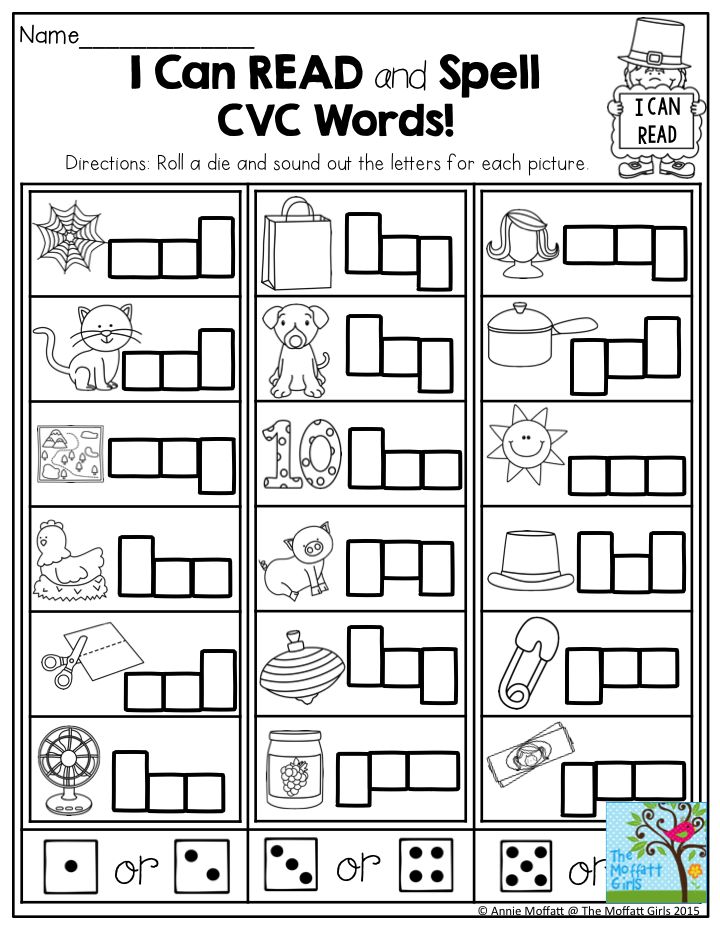 Hangman
HangmanThis classic game is a great way to practice spelling words. To play, one player thinks of a word, and the other player tries to guess it by guessing letters. If the letter is in the word, the player gets the point. If not, the player receives a strike. The game is over when either the word is guessed, or the player gets six strikes.
SplashLearn inspires lifelong curiosity with its game-based PreK-5 learning program loved by over 40 million children. With over 4,000 fun games and activities, it’s the perfect balance of learning and play for your little one.
Try for free
2. Spelling BeeSpelling Games for kids are a great way to improve spelling skills. By playing these games, children can learn how to spell words correctly and practice spelling them in a fun and interactive way. To play, children are given a list of spelling words, and they have to spell them correctly. The winner is the child who can spell the most words correctly in a given time.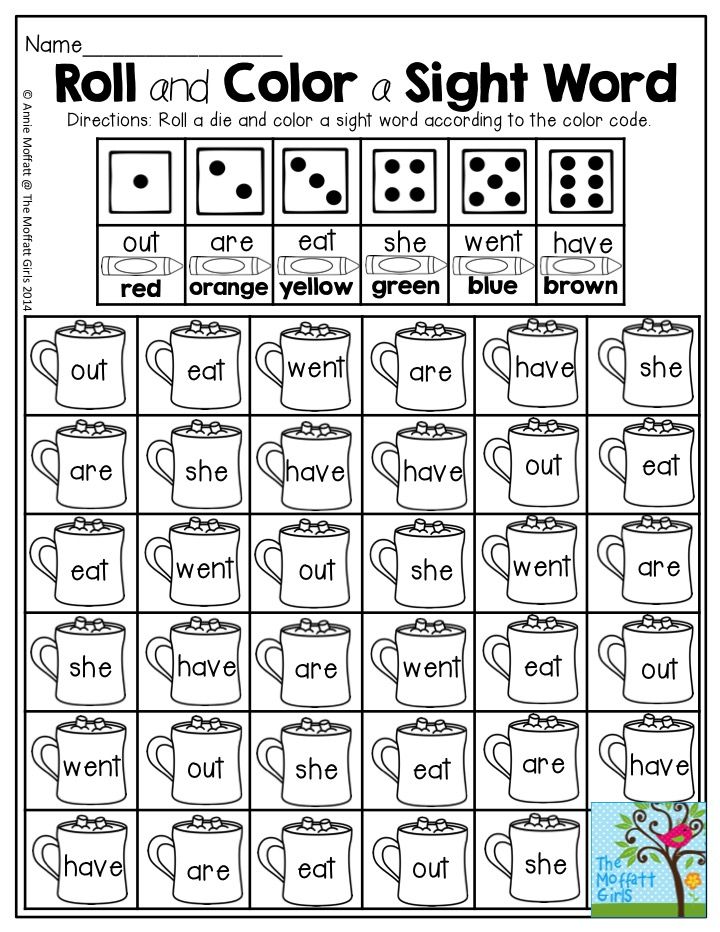
This spelling game is similar to Hangman but with a twist. Instead of guessing letters, players guess words. The player starts with a clue word, and then they have to spell words that are one letter different from the clue word. For example, if the clue word is “cat,” the next word could be “bat.” The player who gets to the end of the ladder first wins the game.
4. BoggleOne of the all-time classic spelling games, Boggle is perfect for kids of all ages. To play, you’ll need a Boggle board, which is a grid of letter tiles. Players take turns finding words in the grid. The longer the word, the more points you get! This game is great for practicing spelling and vocabulary.
5. Word JumbleThis spelling game is perfect for kids who are just starting to spell words. To play, you’ll need a list of spelling words. Players take turns picking a word and then jumbling it up. The other players have to guess what the word is.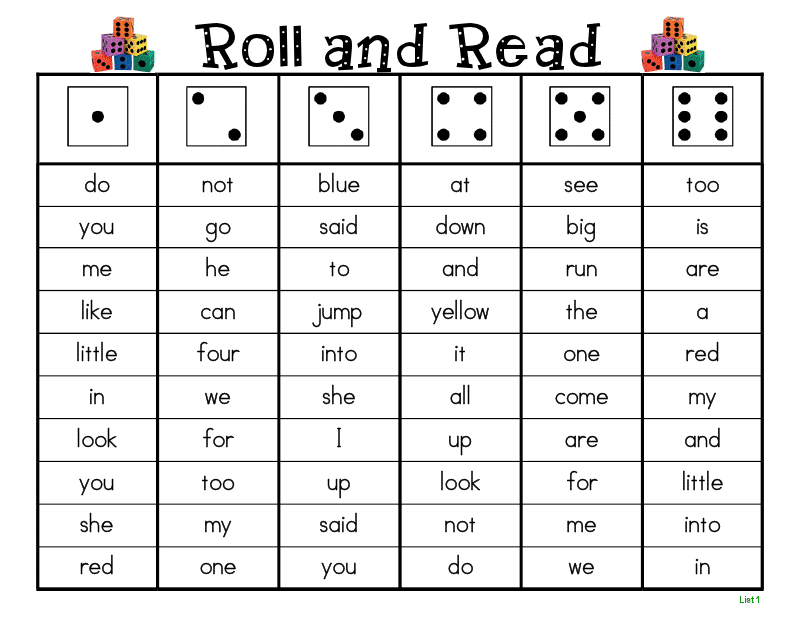 The player who guesses the most words correctly wins the game.
The player who guesses the most words correctly wins the game.
Word Battle pits two players against each other. Each player writes a list of words on a piece of paper. The words should be ones that the other player may not know how to spell. The two players then take turns spelling the words out loud. For each word that is spelled correctly, the player gets the point. The first player to reach 10 points wins the game.
7. Spelling Scavenger HuntThis spelling game is a twist on the classic scavenger hunt. Instead of looking for objects, players will search for words. Make a list of spelling words and hide them around the house or classroom. Give each player a copy of the spelling list and see who can find all the words first. You can also give players bonus points if they find the words in order.
8. Spell and TossThis spelling game is perfect for kids who need to get up and move around.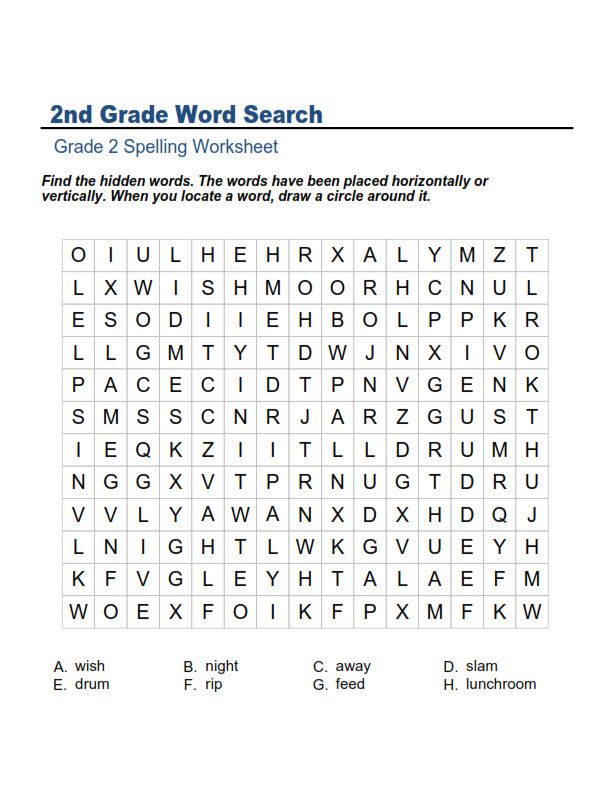 All you need is a ball and a list of words. Write out a list of spelling words on small pieces of paper, fold them up, and put them in a bucket or hat. Kids pick out a word, spell it correctly, and then toss the ball into a basket or bucket. If the spelling is incorrect, they must put the word back and try again.
All you need is a ball and a list of words. Write out a list of spelling words on small pieces of paper, fold them up, and put them in a bucket or hat. Kids pick out a word, spell it correctly, and then toss the ball into a basket or bucket. If the spelling is incorrect, they must put the word back and try again.
Word Match is similar to the classic memory game. You will need a deck of cards and a timer. Write one word on each card, including different spelling levels. For example, you can have words like ‘bat,’ ‘hut,’ and ‘ghost’ for easier words, and ‘acquaintance,’ ‘strenuous,’ and ‘precarious’ for more challenging words. Shuffle the cards and lay them out face down. Players take turns flipping over two cards, trying to find a match. If they find a match, they keep the pair of cards. If not, they turn the cards back over, and it’s the next player’s turn. The game is over when all the matches have been found.
Resources for Online Spelling Games for Kids1.
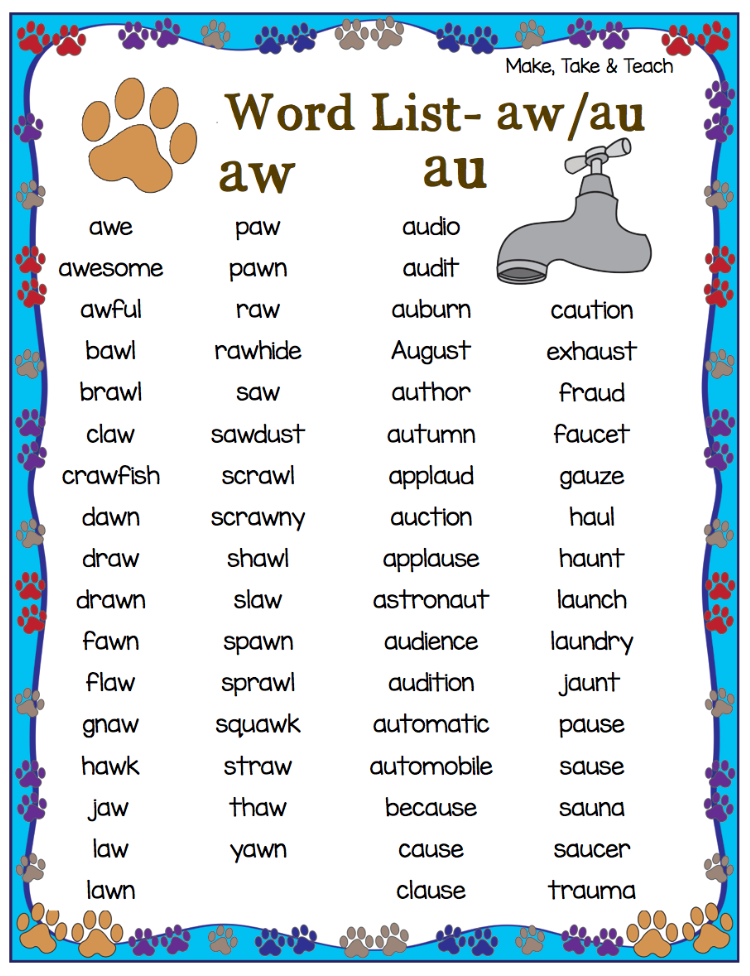 SplashLearn
SplashLearnSplashLearn offers reading and spelling games for kids of all ages. The games are interactive and engaging, making them perfect for kids who are just starting to spell words. The reading games are divided up by age group so that you can find the perfect game for your child.
Sign up and try for free!
2.
FunBrainWith a name like FunBrain, you know this spelling site will be good. This educational game site has a variety of spelling games for kids of all ages. Try out the Pre-K spelling section if your child is starting to learn to spell. There are spelling games for the 1st Grade, 2nd Grade, and 3rd Grade.
3.
Word GamesWord Games is a great site for kids looking for spelling games that are a little out of the ordinary. You’ll find spelling games like Hangman, Word Scramble, and Word Ladder on this site. These games are perfect for kids who need a break from the traditional spelling game.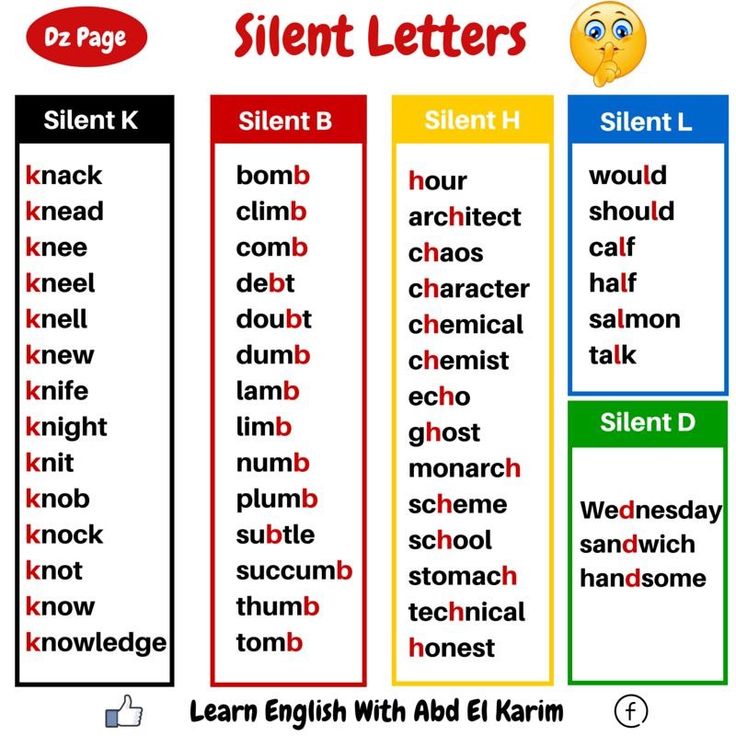
4.
Spelling-Words-WellSpelling Words Well is a spelling game for kids that can be played online or downloaded as an app. The game features three different spelling modes: Spell It, which tests players on their spelling of words; Beat the Clock, which challenges players to spell as many words as possible in a certain amount of time; and Word Ladder, which tests players on their spelling of words in a certain order.
5.
PBS KidsPBS Kids is an excellent resource for spelling games for kids. You’ll find spelling games on the site like WordGirl Spelling Bee, Martha Speaks Dog Tags, and Fetch with Ruff Ruffman Blast Off. These games are perfect for kids who are just starting to spell words.
Let’s Spell It Together!Spelling games are a fun and interactive way to help kids learn to spell. They can also provide a bit of friendly competition and some laughs along the way. We’ve provided nine of our favorite spelling games for kids to keep them entertained while they improve their spelling skills.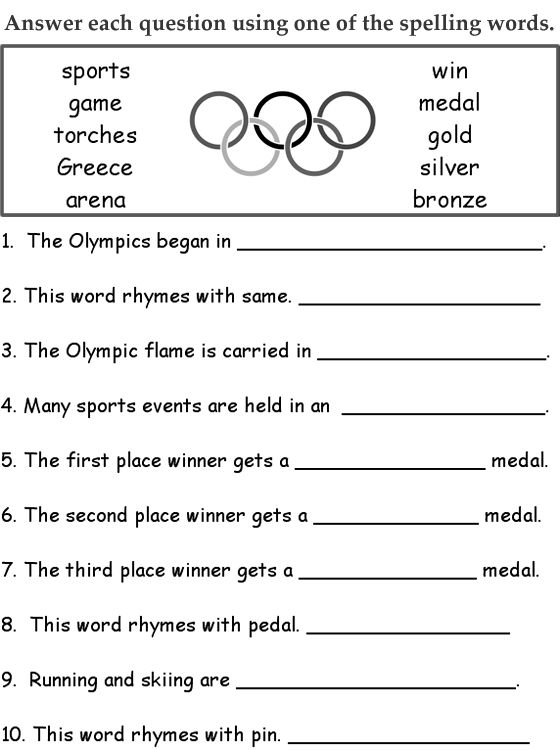 So get out there and have some fun!
So get out there and have some fun!
What is the best way to help my child learn how to spell?
There is no “best” way to help your child learn to spell. However, there are a few things that you can do to help them along the way. First, make sure that they have a good foundation in phonics. This will help them sound out words and understand the basic building blocks of spelling. Next, provide them with plenty of opportunities to practice spelling words. Finally, make sure to praise their efforts and celebrate their successes.
What are some of the benefits of playing spelling games?
Spelling games offer several benefits for kids. They help improve phonemic awareness, phonological processing, and visual processing skills. They also help to build confidence and self-esteem, as well as provide a bit of healthy competition. And, of course, they’re just plain fun!
What is the best age for kids to start playing spelling games?
There is no “best” age for kids to start playing spelling games.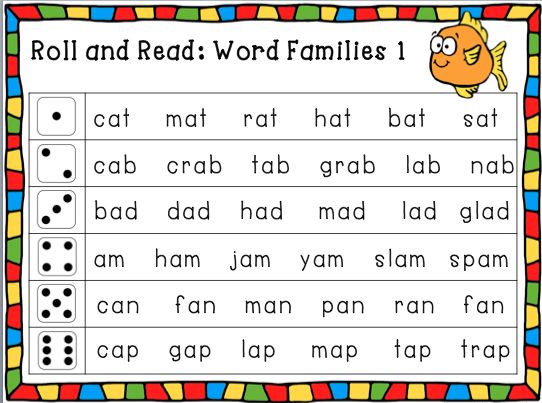 However, most experts agree that it’s never too early to start. The sooner kids are exposed to the basic building blocks of spelling, the better. This will give them a head start on the learning process and make it easier for them to pick up new words down the road.
However, most experts agree that it’s never too early to start. The sooner kids are exposed to the basic building blocks of spelling, the better. This will give them a head start on the learning process and make it easier for them to pick up new words down the road.
Spelling apps
The child wants to play on the tablet, do you want to teach him English? Download interactive applications for practicing spelling - writing words in English. English speaking cannot be taught this way, but writing simple words - yes! Some applications are paid, others are free, for Apple and for Android. We tried to take into account all the wishes so that you can choose what is right for you!
Simple game with nice design. Children drag the letters onto the board, placing them in the correct order. The game has three difficulty levels and two modes - with a hint (training) and without a hint (game), in which the guys get dragons for winning. Free. Compatible with iPhone, iPad and iPod touch.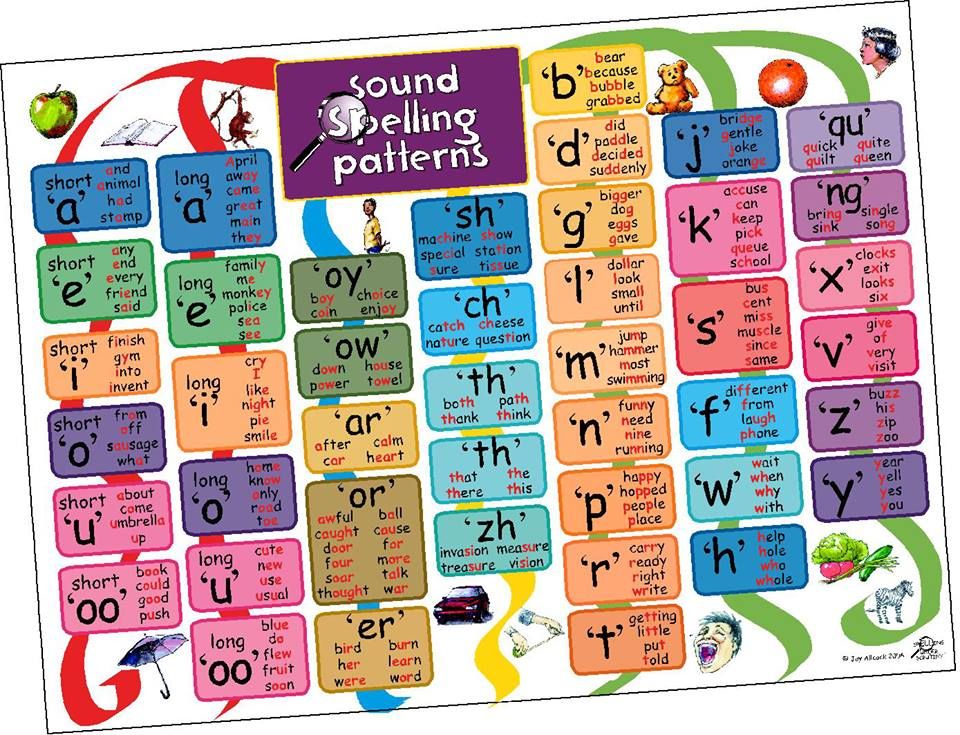
This western style game will captivate the little tomboys. According to the plot, they must help the sheriff, a little ghost, find gold and catch criminals. Three levels and two modes: listen and write, as well as write your word and solve the riddle (reading skill also develops). There is a choice - use the built-in word list or create your own, adapted to the age and level of the student. Added audio and video tips, the ability to create different accounts with different settings. Paid. Compatible with iPhone, iPad and iPod touch.
This game will help you learn how to write and read 211 three-letter words. The protagonist Gappy travels through three worlds, and the children match letters so that he can go through and build his house. 54 parts of the house allow you to make 720 combinations. The educational keyboard in the game suggests the names of letters and their sounds, it is possible to select lowercase and uppercase letters. Paid. Compatible with iPhone, iPad and iPod touch.
This game is designed to teach spelling and typing. Children's keyboard helps you understand which fingers to use when typing, and also plays the sound of the keys. The child can practice writing 800 words from 31 categories. Contains bright illustrations, words are spoken, the function "Delete" and "Eraser" is added to delete one or all typed characters. There is paid content, compatible with Android.
This game will get more difficult depending on your child's level. Thousands of simple and complex words make this application relevant for many years. The design is very simple - a pleasant background, “life”, sounding of the word. Children simply drag and drop the desired letters to fill in the gaps. Words become more difficult as you level up. Optimized for large screens. Compatible with Android.
In this game, children will save funny characters, earning stars for correct answers. The application is convenient for teachers, as it allows you to create and submit tests.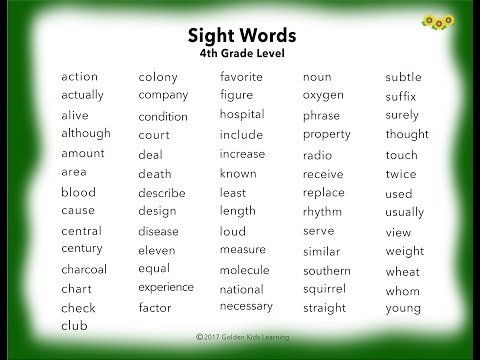 You can add an unlimited number of words to your collections and voice them. Contains over 200 pre-made tests based on the UK curriculum. There is a function to switch uppercase and uppercase letters. Paid, compatible with Android.
You can add an unlimited number of words to your collections and voice them. Contains over 200 pre-made tests based on the UK curriculum. There is a function to switch uppercase and uppercase letters. Paid, compatible with Android.
Fun Spelling Monsters will guide your child through a series of simple but very fun games where children will catch apples with the correct letter, pop bubbles, untangle words and collect canisters. The developers promise to regularly replenish the collection of characters and games to please the users of the application. The game does not require internet. There is a function of compiling your own list of words, voice acting, uppercase and lowercase letters are given.
This app helps preschoolers learn the spelling of over 100 common English words. Similar words and syllables are combined into one group for intuitive memorization of reading rules. After writing the word, it is voiced by letters, which are pronounced as sounds. Various modes allow you to remember the meaning, pronunciation and spelling of a word. The first 3 groups of syllables are free, then you can buy in parts. There is paid content, compatible with Android, adapted for phones and tablets.
The first 3 groups of syllables are free, then you can buy in parts. There is paid content, compatible with Android, adapted for phones and tablets.
A game for teaching spelling and typing. Includes over 450 words with pictures. Children also learn to pronounce the words, as voiceovers have been added. If a child types an incorrect letter, it will be highlighted in red. You can teach in one of 15 categories or mix 4 topics.
Modern technologies are interesting for children, so interest in English will appear almost without your participation. Just introduce your child to these applications!
Top 5 games to remember the spelling of English words
For many students, remembering how to spell a particular word is a kind of challenge. Especially when it comes to conscious or queue. If you don't practice writing in class, don't be surprised if your students write words the way they are pronounced.
Of course, no one canceled good old dictations, but over time they become less and less stimulating.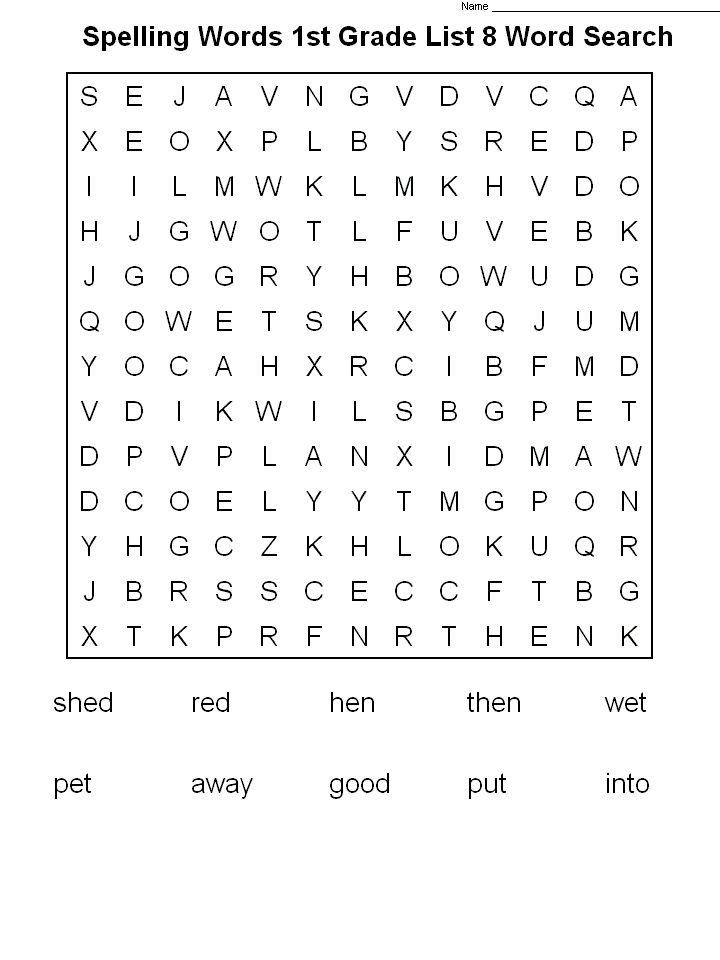 Spell checking may take quite a bit of time. Let's look at a few ways to quickly practice spelling skills in the whole group.
Spell checking may take quite a bit of time. Let's look at a few ways to quickly practice spelling skills in the whole group.
#1 Backward spelling
Divide the students into two teams. Make a list of the words you want to check beforehand.
The task is this - you need to spell the word, only backwards. Teams need to quickly guess what the word is and name it. Then one representative of the team should come out and write this word on the board.
The team receives additional points for correct spelling. If mistakes were made in the word, then the opposing team gets a chance to correct them. This also earns extra points. Thus, keep working through all the words from the list and do not forget to count the points to choose the winner.
#2 Memory game
This game is great for the warm-up part of your lesson. Before class, write on the board the words that your students have trouble spelling.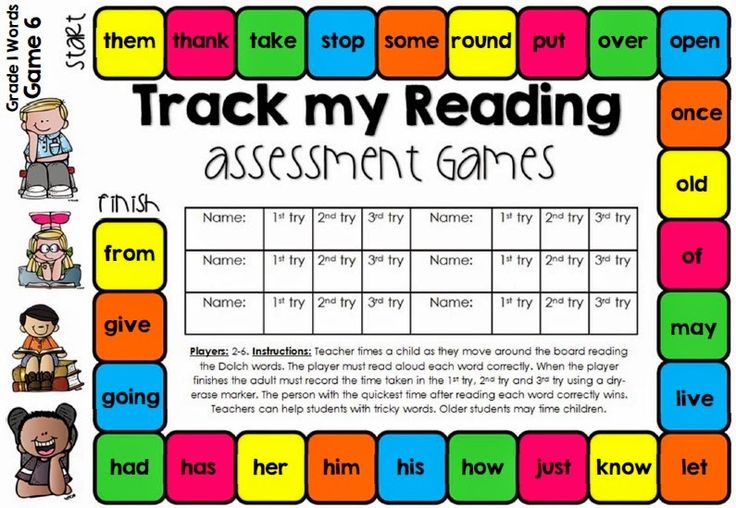 Try to squeeze in as many words as possible and fill the entire space on the board.
Try to squeeze in as many words as possible and fill the entire space on the board.
Divide the students into teams and ask them to look carefully at the blackboard and memorize as many words as they can (within 30 seconds). Then erase the words.
The students' task is to recreate a list of these words together within the time limit you set. The team that can correctly spell the most words from the list wins.
#3 Pass it on
Prepare in advance a short list of sentences including challenging words from your course. Students work in groups, for this they must stand or sit in a line - one behind the other.
Game conditions - you show the offer to the last players in the line. After looking at it for a few seconds, they must reproduce the sentence on their card. These students then show their proposal to the next player on their team, who must also write it down.
This is repeated until it is the first student in line to write the final sentence on the board.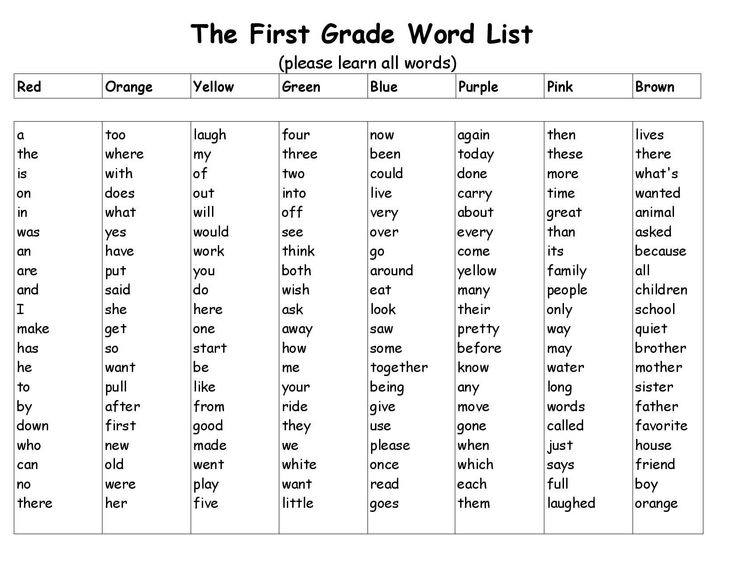 Make sure that students keep their cards for themselves, and do not pass them on to the next participants.
Make sure that students keep their cards for themselves, and do not pass them on to the next participants.
Then the players switch places, and the first player from the line moves to its end. The team that makes the fewest mistakes in writing each sentence wins.
#4 One sentence story
Students compete in teams again. This time you need to write a simple sentence on the board, for example: My neighbor bought a car. Participants will need to expand on this proposal with details and write their version on the board.
Remind students that the sentence must still make sense and be natural. The winner is the team whose sentence contains the most words and the fewest spelling errors. When compiling a sentence, you cannot use dictionaries or translators.
#5 My own mistakes
With this kind of assignment, you can replace feedback with writing assignments that your students had. After checking the works, select the correct sentences from them and those that contain spelling errors.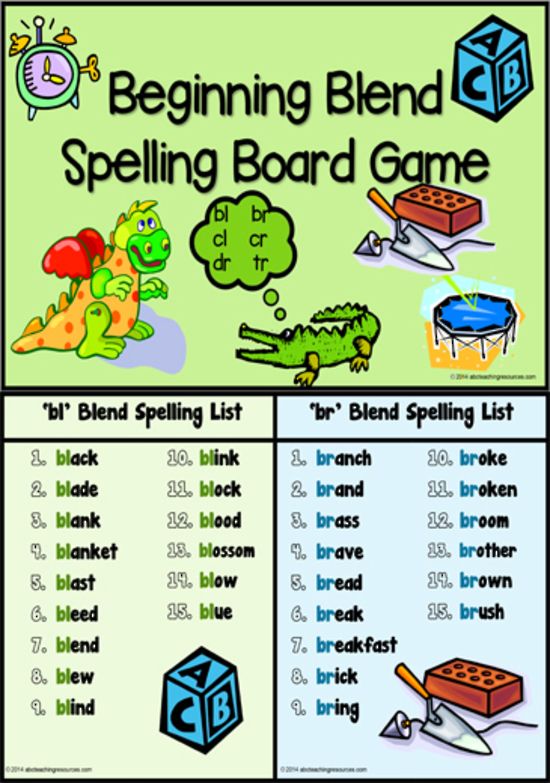 Make a list of these examples by shuffling them together.
Make a list of these examples by shuffling them together.
In class, divide the students into teams, each of which receives such a list. For a certain time limit (depending on the number of proposals), teams need to find and correct errors. Please note that this is only about spelling.
And, of course, the exercise is performed without dictionaries. The team that manages to correct the most errors correctly wins.
The advantage of using these games is that they make a great impression on students, which will help them remember certain vocabulary better. And the spirit of competition and unwillingness to let the team down will serve as an additional motivating factor.
Spelling is fun when it is properly done!
comments powered by HyperComments
Support #Teachaholic if you find our work useful 💜
We have been developing the magazine on our own for more than 2 years, and now we really need your support!
If our materials at least once turned out to be useful to you, if you used them in your lessons and delighted your students with fresh ideas, you can tell us "Thank you" and make any comfortable contribution to our work in the form of a donation.